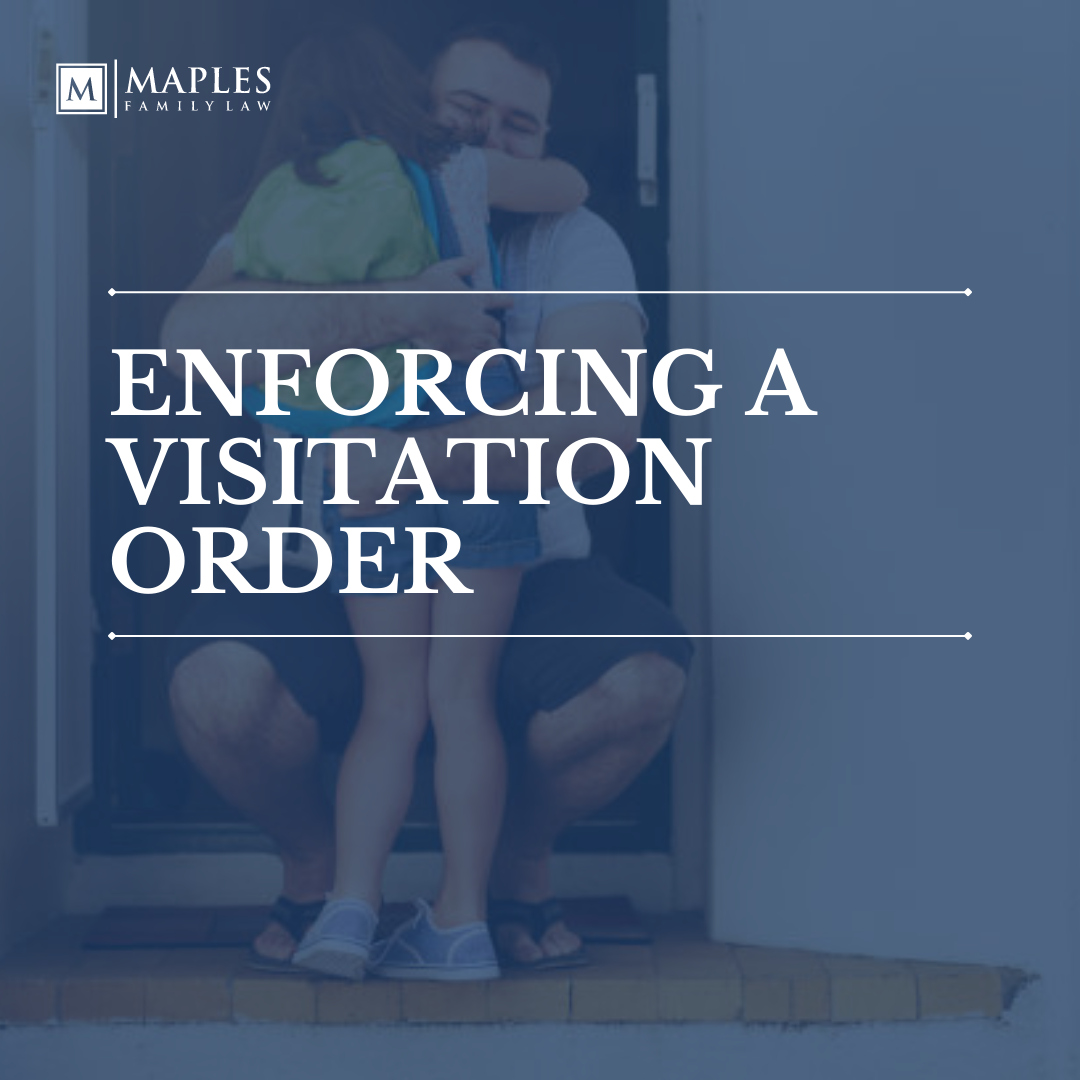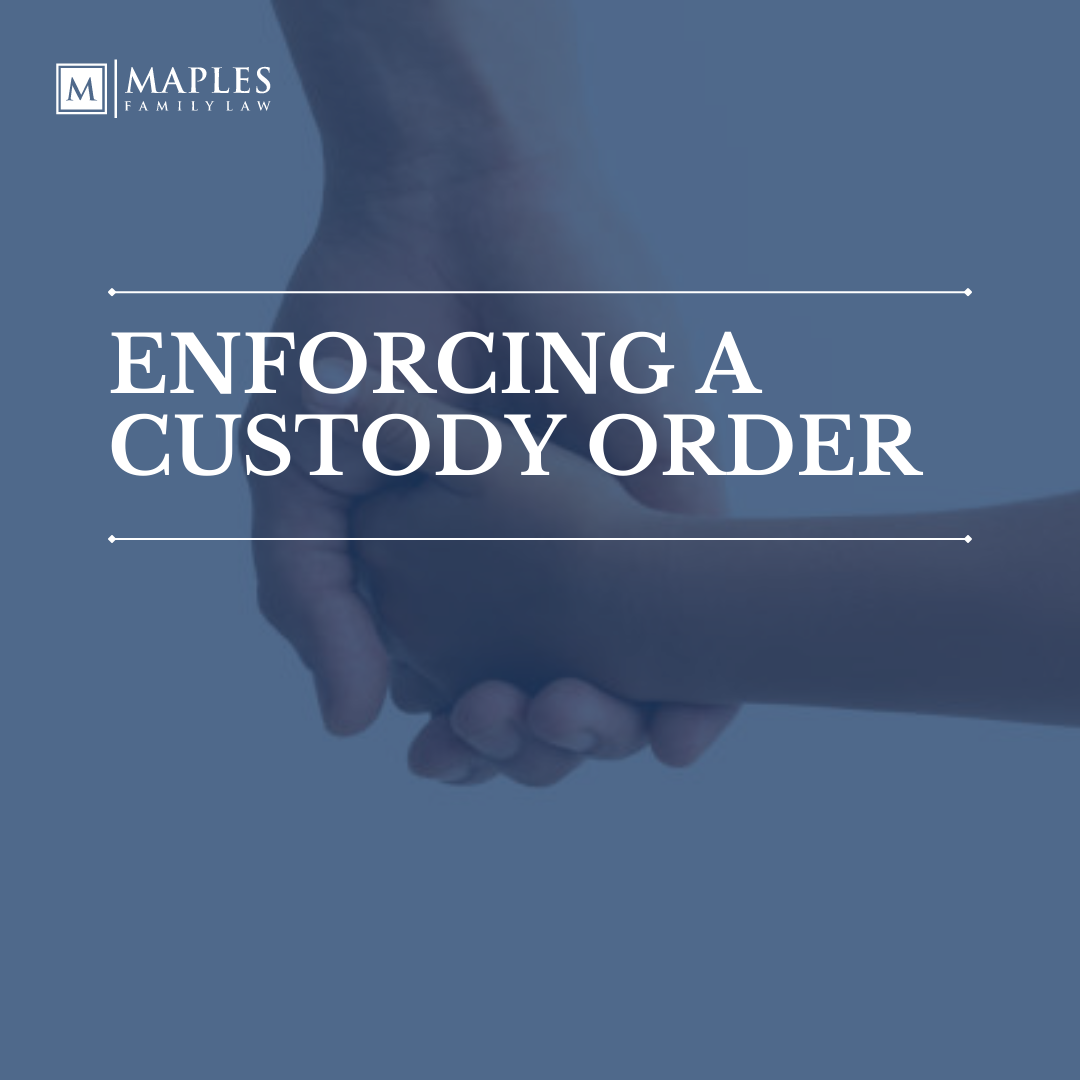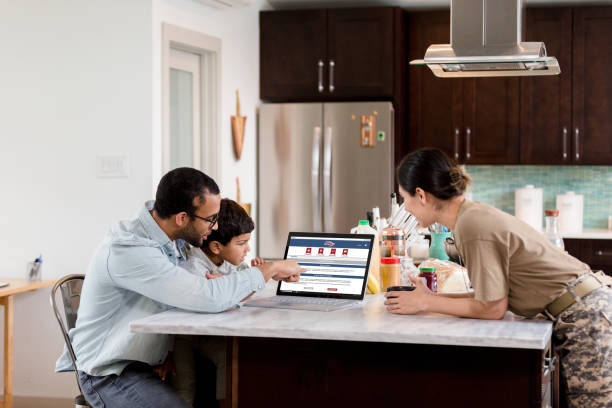 Child Custody
Child Custody
Child Custody Overview
Child custody refers to the various rights and responsibilities associated with taking care of a child. These authorities and obligations are most commonly associated with divorce; however, they are also relevant to unmarried parents, grandparents, legal guardians, and individuals looking to adopt.
In this child custody overview, we’ll define important terms, talk about parental rights, and help you gain a better understanding of what to expect during this important process.
Child Custody: 101
In the family law arena, child custody refers to the myriad of rights, powers, and obligations associated with caring for a child. Most of the time, we think of these authorities when couples are getting divorce, however, child custody can also be relevant to:
- Unmarried parents—couples who are not married, and want a structured parenting plan to govern interactions with their child.
- Grandparents—who might be wanting to gain custody over a grandchild who isn’t receiving proper care from parents.
- Legal guardians—who may need partial access to certain custodial powers in order to care for a child or incapacitated adult.
- Adopted parents—who may want to take on the full mantel a of parental rights for a child who isn’t biologically theirs.
Regardless of circumstances, all child custody cases are governed by the same set of family laws. These laws attempt to make decisions based on what outcome is most likely to serve a child’s best interest.
In California, these custodial powers break down into two main groups: legal custody and physical custody.
Legal Custody
First off, there’s legal custody, which refers to a parent’s decision make authority, and their right to determine how their child will be raised.
This category of custody includes a parent’s right to make decisions about their child’s:
- Medical and dental health;
- Psychiatric and psychological therapy;
- Education and child care;
- Religious and cultural exposure;
- Travel opportunities; and even,
- What extracurricular activities they’re allowed to be involved in (if any).
Most of the time, California parents will end up sharing this authority, equally, meaning that both must pass off on all major decisions.
Physical Custody 
The other branch of custody is physical custody. This category refers to a parent’s right to live under the same roof as their child, and to have regular, in-person face time.
Since it’s so difficult to divide a child’s time exactly equal between parents, California courts will almost always assign one parent to be the child’s custodial parent (or “primary residence” parent), while assigning the other ample parenting time in the form of visitation.
A child’s primary residence is where they live most of the time. This parent is in charge of meeting their daily needs, including food, clothing, as well as things like transportation, daily medication, and homework.
Child Custody: Joint vs. Sole
In California, legal and physical custody are assigned separately. To this end, each set of powers can be assigned to one parent, alone (in “sole custody”), or to both, as shared powers (known as “joint custody”).
Most of the time, legal powers are assigned jointly between parents. This means that both must pass off on decisions for their child, and that one cannot act without the express permission and authority of the other. Legal custody is easy to split fifty-fifty, since it doesn’t require a child to be living under the same roof as its parents.
Physical custody, on the other hand, is not as easy to divide equally. Between school, extracurricular activities, competing work schedules, and child care needs, it can be nearly impossible to give each parent an equal amount of face time with their child. Which is why it’s so common for courts to assign one parent to be the child’s primary residence.
To decide which parent will be the child’s primary residence, the court will analyze a number of individual factors, to determine what course of action will be in their best interest.
Primary Residence Factors
Some of the factors the court may consider when deciding on primary residence include:
- The child’s relationship with both parents;
- The child’s physical, emotional, and educational needs;
- The child’s need for continued social stability;
- The child’s tie to relatives living in the area;
- Each parent’s ability to care for their child;
- Any history of family violence; as well as,
- Any history of substance abuse by either parent.
Keep in mind that in California, you can still be considered joint physical custodians, even if your arrangement has an uneven division of time.
Child Custody: Visitation
The parent who does not get assigned as the primary residence will still receive ample parenting time in the form of visitation.
A visitation schedule outlines the division of time with your child, and is determined based on what is in your child’s best interest. In California, visitation can be:
- Scheduled—a detailed plan that outlines specific dates and times of exchange, including where the child will spend holidays and birthdays.
- Reasonable—an open-ended agreement that does not make specific arrangements; instead, parents agree to work out the details between themselves.
- Supervised—an arrangement that requires visits to be supervised by another adult, or a professional agency. This type of visitation generally occurs when the child has experienced harm or neglect because of the parent.
- No Visitation—a situation where any contact with a parent (even supervised) would be physically or emotionally harmful to the child.
In addition to a visitation schedule, non-custodial parents are often assigned to pay child support.
Child Custody: Child Support 
As all parents know, children don’t come cheap, and these expenses don’t end, just because parents get divorced, meaning that—without support—a child’s primary residence parent will inevitably end up shouldering the bulk of costs for these daily needs.
Hence, to offset this imbalanced financial burden, California courts will often require non-custodial parents to pay child support. This ensures both parents are responsible for meeting their child’s needs, and are held equally accountable, accordingly.
In California, child support is calculated using a formula that weighs each parent’s income against their percentage of parenting time. However, the court is allowed to deviate from this formula in situations like a high net divorce, when a higher monthly amount would be more appropriate.
Child Custody: Drafting your Parenting Plan
A family court judge is often needed to help finalize custody matters, however, they aren’t necessarily a requirement, and couples are always free to draft their own parenting plan.
This can be done between individuals—with or without attorneys—or through a more structured process, such as divorce mediation. For some couples, collaborative divorce can be another good, out of court option.
So long as your proposed custody agreement meets certain state guidelines (such as child support minimums), judges are usually happy to sign off on an agreement you reach on your own.
Child Custody: Enforcement and Modification
In California, decisions involving minors are all made under the scrutinizing lens of the best interest of the child. This legal standard requires the court to choose—not what you want, as a parent—but the outcome that will serve your child’s long-term health and wellbeing the best.
When a parent fails to uphold their duties under this order, it’s the child who ultimately suffers the most, and California courts do not take these infractions lightly. Penalties for noncompliance are dependent on the offense, but can result in serious legal consequences, including a restriction on parental rights, fines, and even jail time.
If there is a legitimate life change keeping you from carrying out your responsibilities, then talk to your attorney right away. In some situations, custody orders can be modified, however, these changes cannot be applied retroactively. So it’s important not to wait, if something comes up.
Child Custody Attorneys in California
As a parent, nothing is more important to you than your child. You want what’s best for them, and worry about how divorce will affect them. At Maples Family Law, we understand and empathize with these concerns, which is why we hope you’ll trust us to help.
If our child custody overview hasn’t answered all your questions, we hope you’ll reach out. Call us today at (209) 989-4425, or get in touch online, and let our team of experienced family law attorneys fight for your child’s best future.








